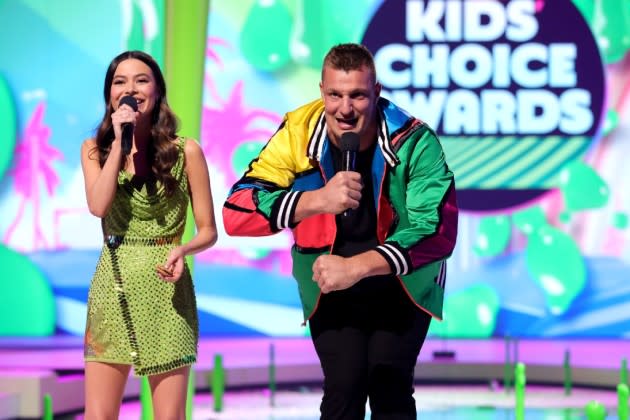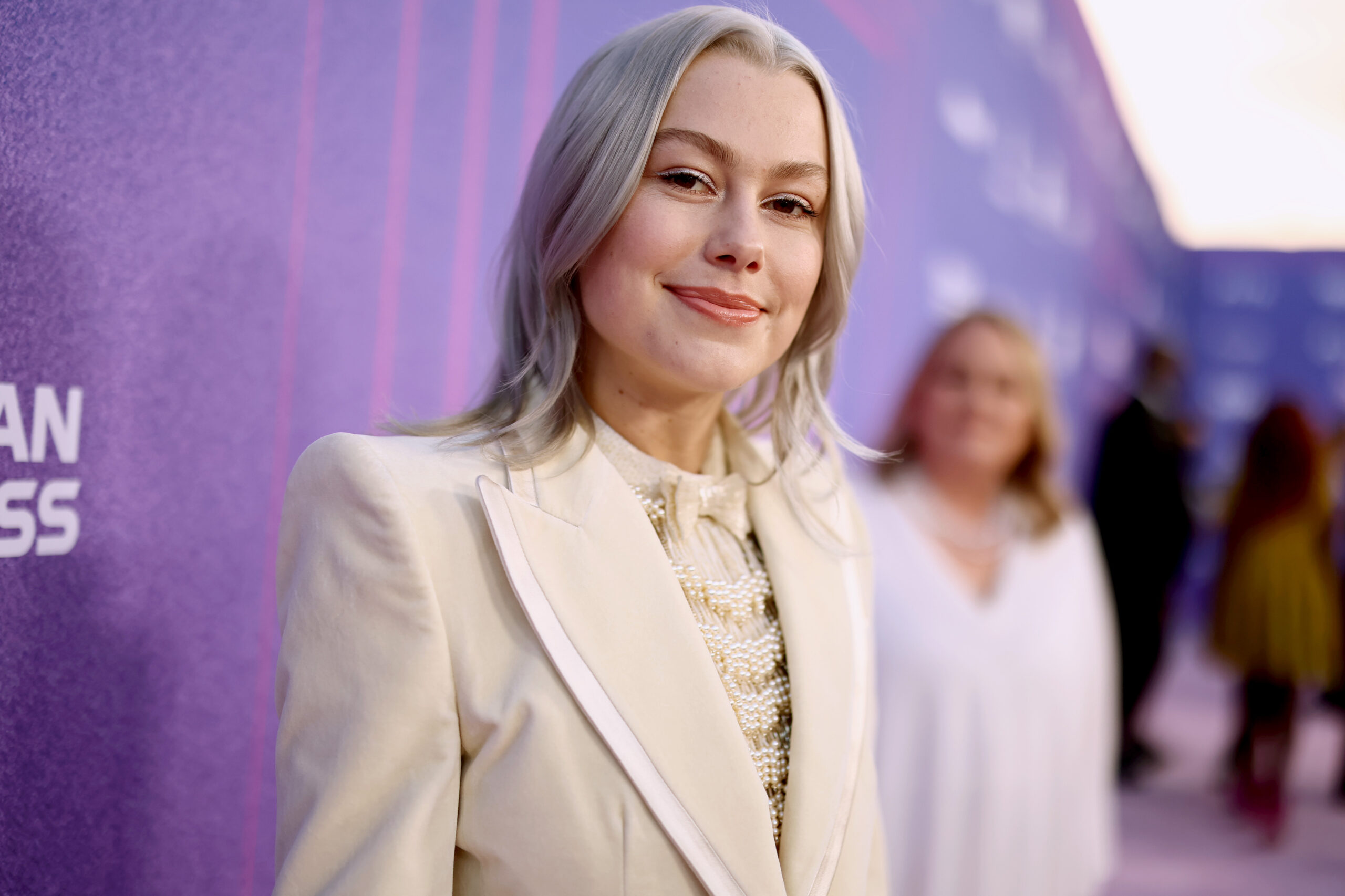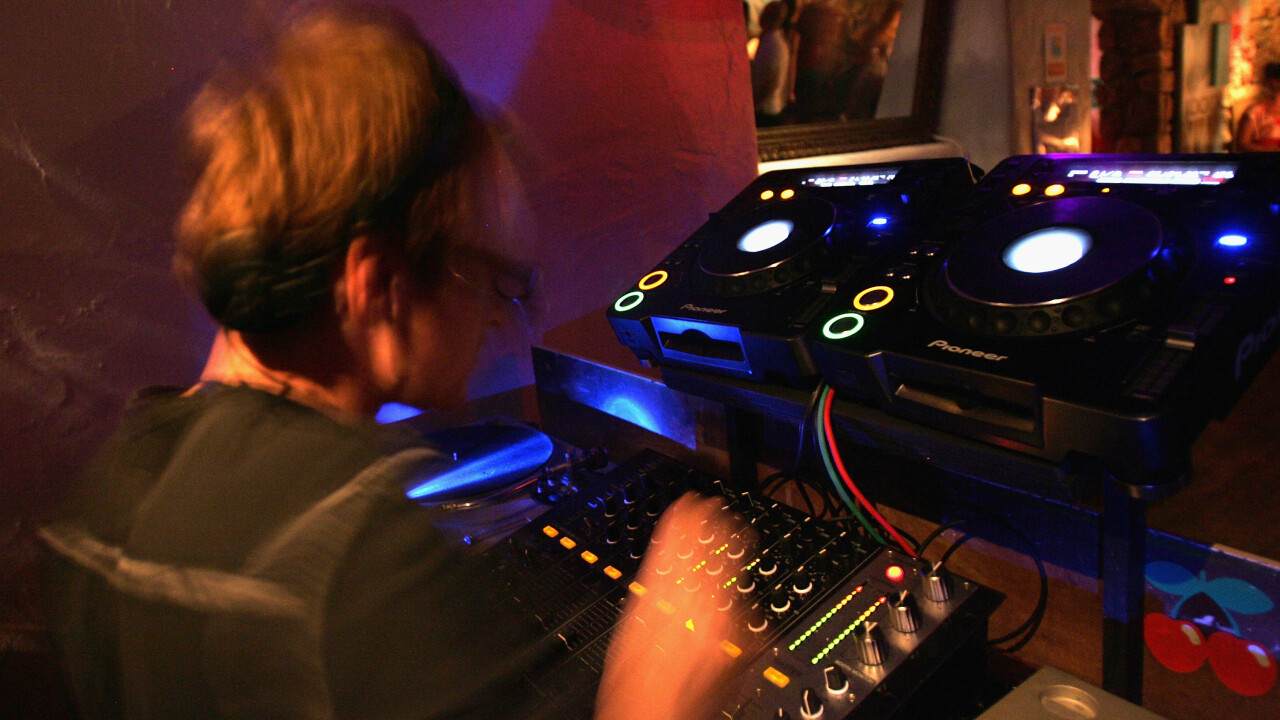Up Close and Personal at the Park City Song Summit
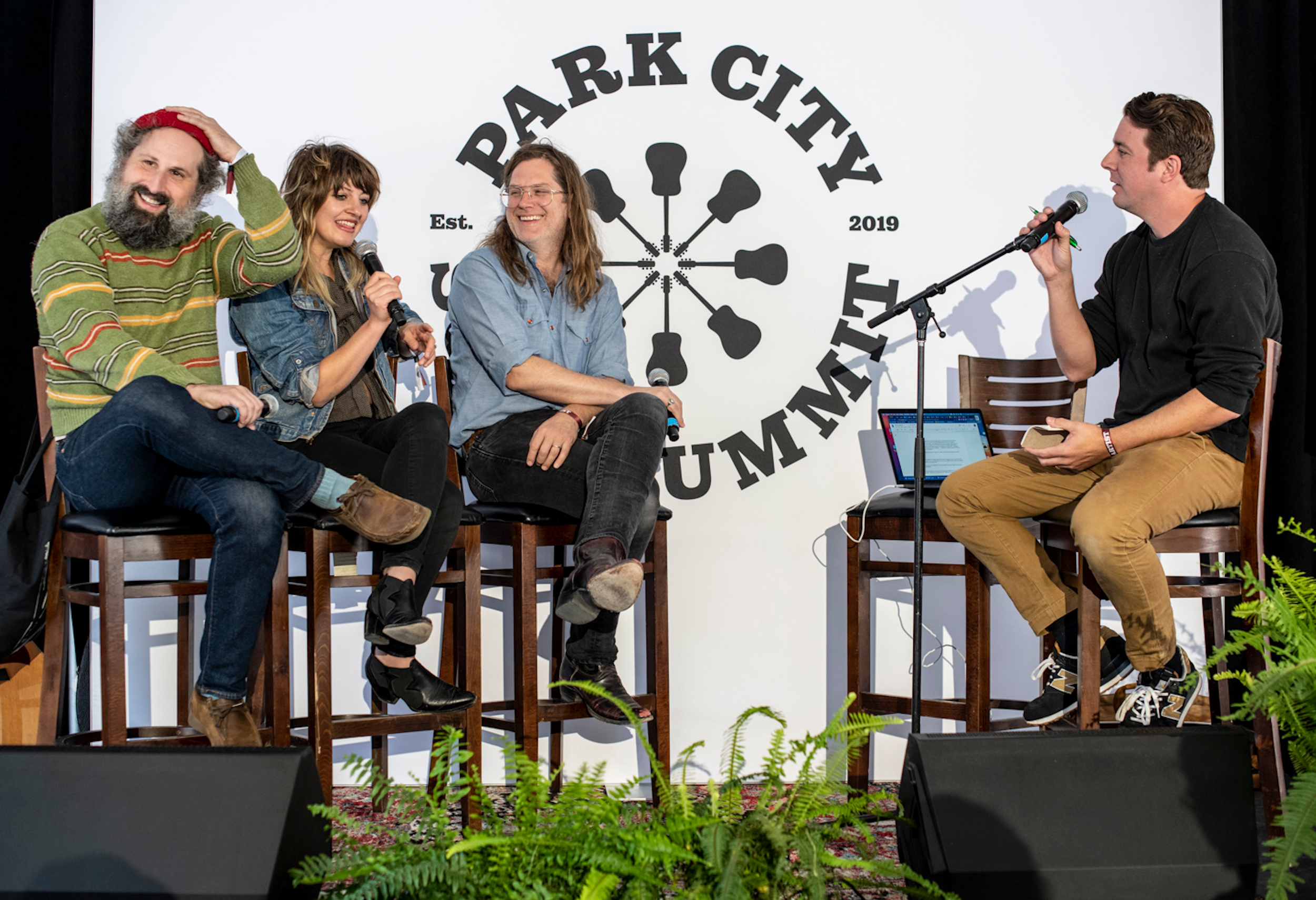
Table of Contents
The Park City Song Summit, which I attended from Sept. 7 to 9, aims to become a new kind of interactive music experience for artists and fans, with a special focus on mental health, recovery support and community relations.
Will Schube did a wonderful job covering those aspects in this article, but how did things play out in real time? Were the labs interesting? Were the artists and moderators into it? Did the energy from the labs translate to the live shows later that same night?
What follows is my experience at the first annual Park City Song Summit from the extravagant opening kick-off dinner on Wednesday to the Anders Osborne set on Saturday night, with founder Ben Anderson on vocals and bass, that closed the show.
Day 1: Labs
I created a list of the labs I wanted to attend, and because of the clever way they are scheduled, it was possible to cram in quite a few by occasionally planning on leaving early. Having said that, once someone or something an artist is talking about resonates with you, good luck getting up and leaving. You sit there, mesmerized, until the end, like I did.
I couldn’t make it to the John Prine lab with Jason Isbell, Warren Haynes and others on time, and the tent was packed, so my options were either Celisse or Adia Victoria. I decided the best idea was to grab a good seat and learn a bit more about Victoria. I saw people walking out of Celisse smiling, but somehow also looking like they had been crying, while I and others leaving Victoria looked like we had just stuck a fork into a socket.
Victoria’s descriptions of growing up in the South as a Seventh-Day Adventist were powerful, concise and moving. One of the unique aspects of her latest album, Southern Gothic, is the sense that, even though she is critical of the South, she appreciates the positives as much as she will criticize the negatives. She quoted James Baldwin, “I love America more than any other country in the world and, exactly for that reason, I insist on the right to criticize her perpetually.”
She had similar views on church, which she loved for exposing her to music and song but struggled with “the limiting scope the church places around your thoughts and your mind.” And her saying “If I’m going to stay in this congregation, parts of me are going to have to die off” shows an impressive level of self-awareness at a young age.
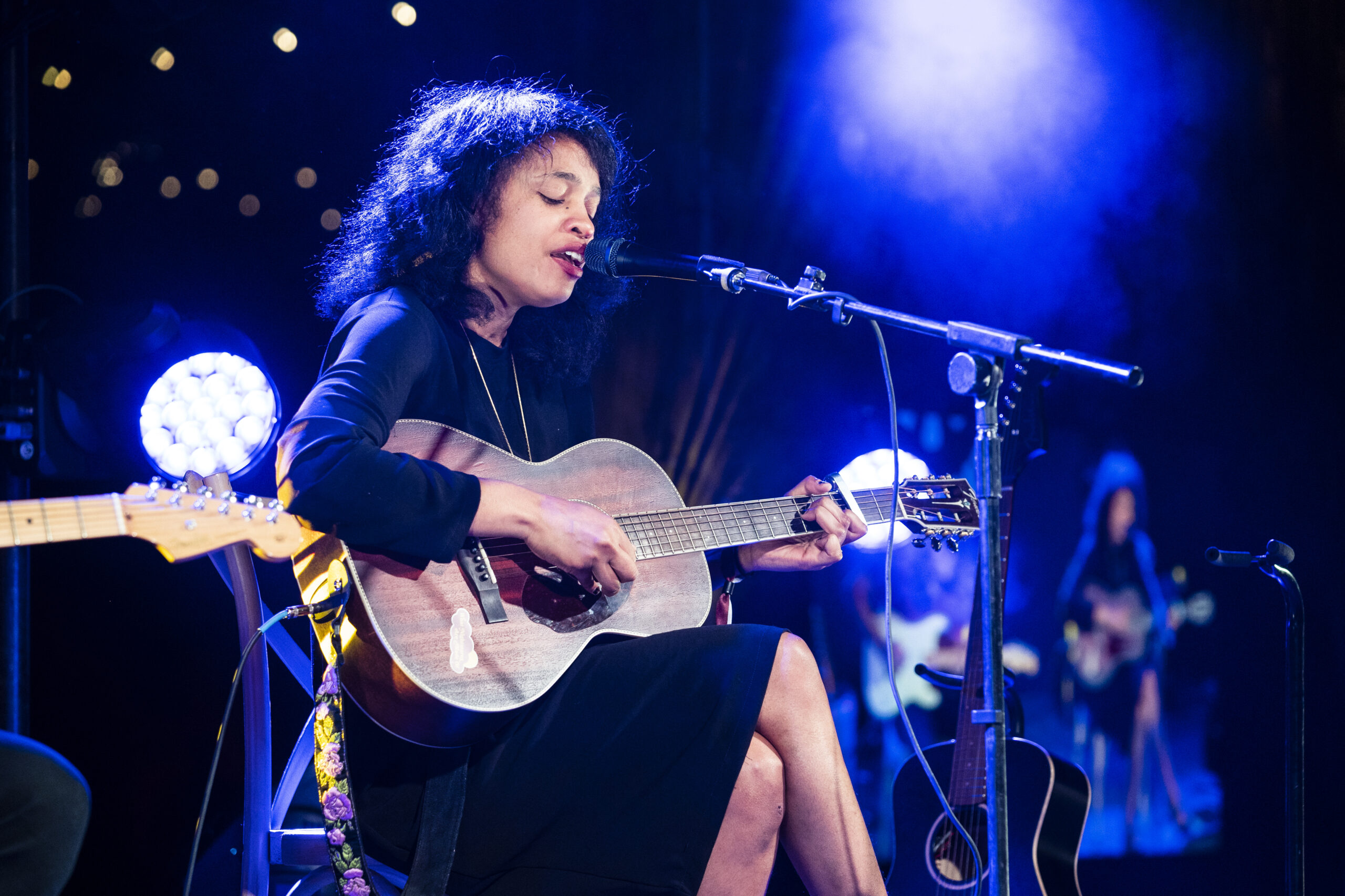
The lab with Warren Haynes and Anthony Mason was more about the journey of Haynes’ life, from his father supporting his early interest in music to his initial project with The Allman Brothers and subsequent collaborations with The Dead and other artists that followed.
Haynes’ perspective on collaboration is, instead of trying to find where he fits into another artist’s style or forcing them to fit into his, he goes into the session already familiar with that artist’s strengths, and writes and plays music to enhance them.
The unofficially renamed “ADD Promoter Lab” with Peter Shapiro, Jay Sweet and Mason moderating was the first tent where I noticed a few agents and at least a couple of promoters hanging around the back, with Dave Margulies of High Sierra in the front row and other industry types scattered throughout the tent. Mason started the lab asking Sweet for a full recounting of the events leading up to the Joni Mitchell set to close out Newport Jazz, and Sweet told of walking into “Summertime” at rehearsal in a Newport church that had some of the biggest living names in music history breaking down in tears, and not being sure if she was going to sing onstage the next day until the first notes were played.
For Shapiro, of Brooklyn Bowl, Capitol Theater, Relix and Fare Thee Well fame, I thought the focus would be mostly on his new book, The Music Never Stops: What Putting on 10,00 Shows Has Taught Me About Life, Liberty and the Pursuit of Magic, but instead started on Fare Thee Well and the first Brooklyn Bowl, two things he wanted to do that most people said he couldn’t. This is a recurring theme throughout his career. Mason asked Shapiro how long the high lasts after pulling off something epic, and his surprisingly specific answer was “72 hours,” before he must reset and try to do it all again.
Day 1: Music
Upon walking into the Songwriter House, you feel why this place is the heart and soul of the Summit. Located in a beautiful historic building at the foot of Main Street in Park City, and with an intimate but laid-back vibe set by the musicians, this was, hands down, everyone’s favorite surprise at the Summit. I caught the back half of the Waylon Payne, Pher and Rick Brantley set, and all three made lasting impressions with Payne and Brantley admitting Pher had the best voice.
I highly suggest you check out Celisse live the next time she is playing near you. Somewhere in the middle of an epic, 10-minute, jammed-out “Freedom,” the combination of her voice, lyrics and the unique, deep tone she gets out of that guitar pulled me into her world to the point that I completely lost track of time and missed Katie Pruitt over at the Cabin. So on it was to DMC, who threw down like the hip-hop legend he is, rocking all the classic hits and intertwining some new bars during song transitions that reflect his current mindset.
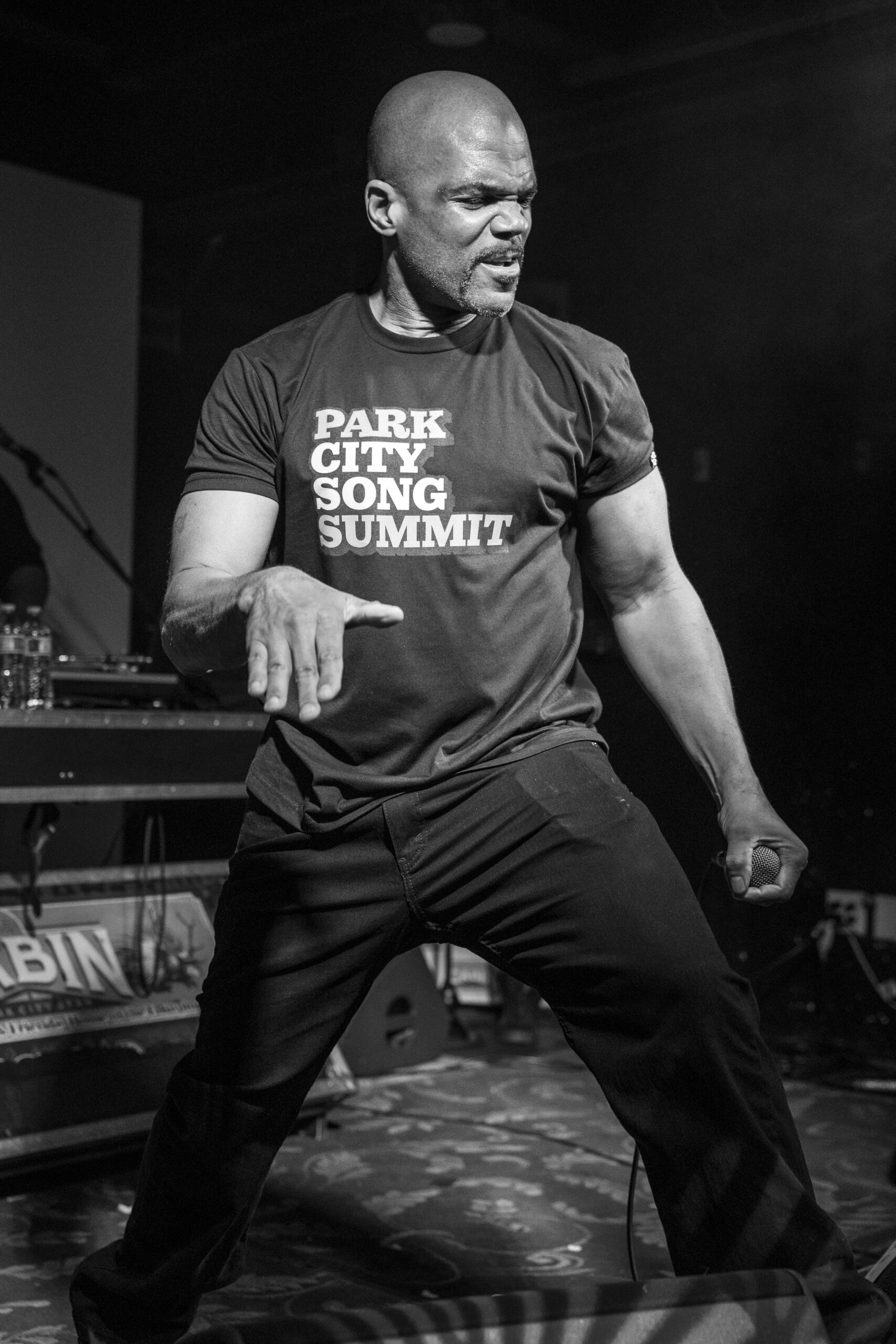
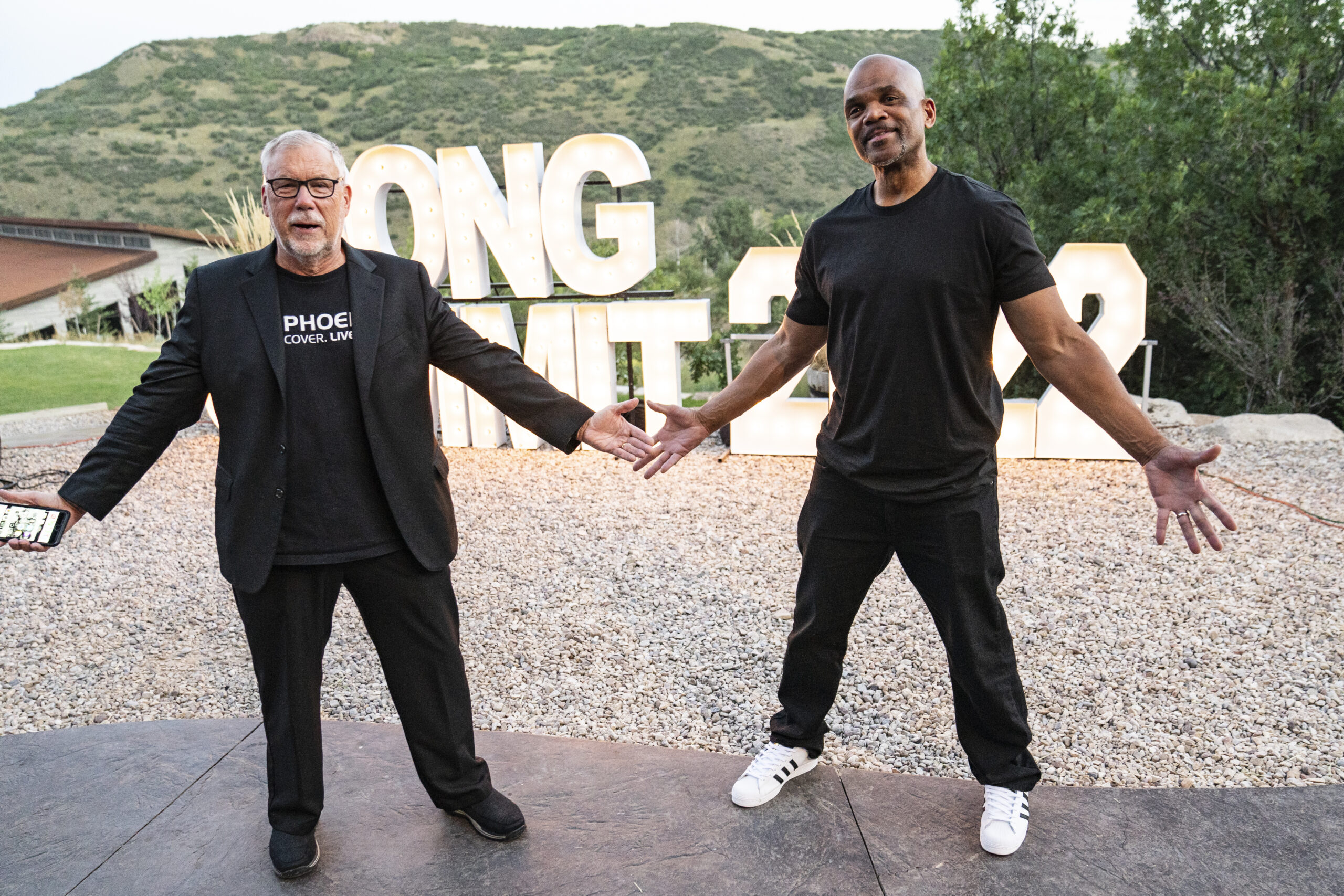
Walking out of DMC with 15 minutes left in his set after “Peter Piper” was not easy, but two minutes later walking into Haynes busting out “Patchwork Quilt” made it worthwhile. The rest of his set was fantastic, and the first day officially in the books.
Day 2: Labs
Backline, a non-profit whose mission is to connect music professionals and their families with a network of mental health and wellness providers, threw an artist breakfast on Friday, and I was psyched to see how many showed up to learn more about them. Their services are free for everyone, from the band to the crew to the merch table and even their families and significant others. Backline case managers work with either an entire production team or individual members of a band or crew to set up mental health plans for the whole tour catered to that person or group’s specific needs. I can’t help but think that if this service was available in the early ’90s, let alone earlier, how many brilliant artists, crew and family members we might still have with us.
Keith Garde, Aerosmith’s ex-manager, clearly felt the same way when he almost broke down in tears describing what Backline does, at the beginning of “The Great Collaboration” lab he moderated with panelists DMC, Tammy Michelle and Michelle Esrick.
The first of multiple Grateful Dead-themed labs was “If My Words Did Glow” with Bonny Light Horsemen dissecting the art, lyrics and poetry of Robert Hunter. Any fan of the Dead would have felt right at home there, and one of my favorite parts was the organizers going around the tent, having everyone who quoted Grateful Dead lyrics in their high school yearbook raise their hand (about 3/4 of the tent), then go around the room to have each person recite the line.
Fred Armisen’s “Comedy for Musicians, but Everyone is Welcome,” was equal parts music nerd humor, stand-up comedy and Armisen showing off his guitar and drum skills. A couple of jokes about polyrhythmic drumming went way over my head.
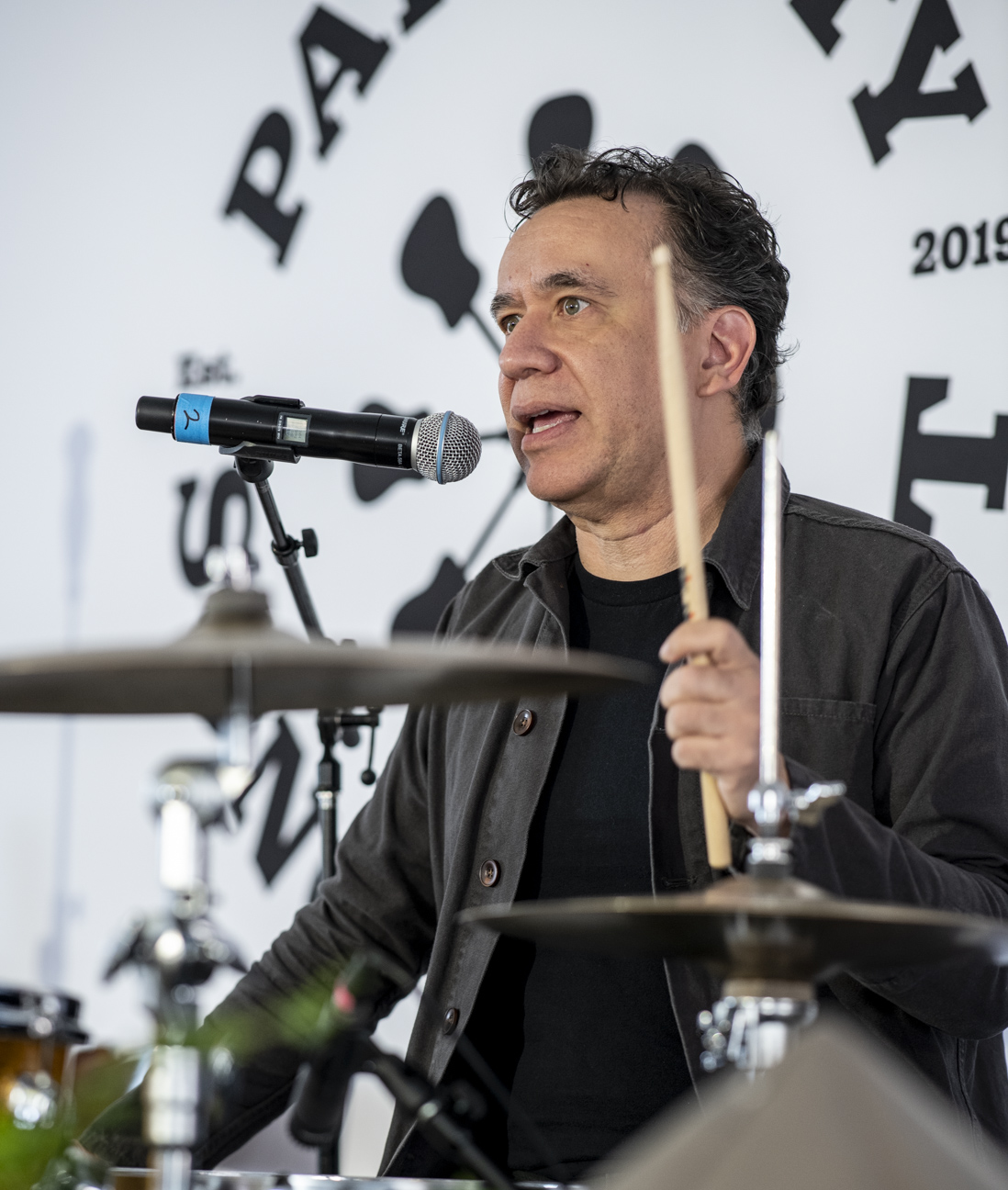
Celisse with Adia Victoria moderating was intense and enlightening. I learned that Celisse has a tattoo of Sister Rosetta Tharpe on her forearm so that if anyone asks about it, she can say “Funny you asked…”, and then go on to explain that we have her to thank for the existence of not only the blues, but rock and roll as well. She continued that finally giving credit to Little Richard and Chuck Berry was only half-way there in terms of proper recognition, which proves there is still reluctance to acknowledge trailblazing women, even as we claim to be more progressive.
They also discussed how the blues was one of the rare places where men were allowed to sound vulnerable and open with their feelings, but at the same time every bad relationship in every blues song is somehow the woman’s fault.
I checked on the “What’s Going On” lab with Devon Gilfillian and Joe Pug. Turns out Gilfillian’s a laid-back dude with a great smile and infectious laugh who figured out that, if he was really going to do this music thing full time, he had to hold his nose, close his eyes and jump into the deep end of the music pool that is Nashville.
Day 2: Music
Charlie Musselwhite and Elvin Bishop are blues legends, and I was glad to catch their unique storytelling and music.
I’m not sure where to start with John Craigie, other than he has a unique style that’s hard to describe. Maybe its stream of consciousness comedy folk with occasionally abstract, but always poignant underpinnings of social commentary? Or maybe he’s just a funny dude who likes to write absurd songs with names like “I Almost Stole Weed From Todd Snider” and “Dissect the Bird.” Either way, by the time he got to the hook of his encore, “when the apocalypse is over, I hope you like your job”, my mind was blown.
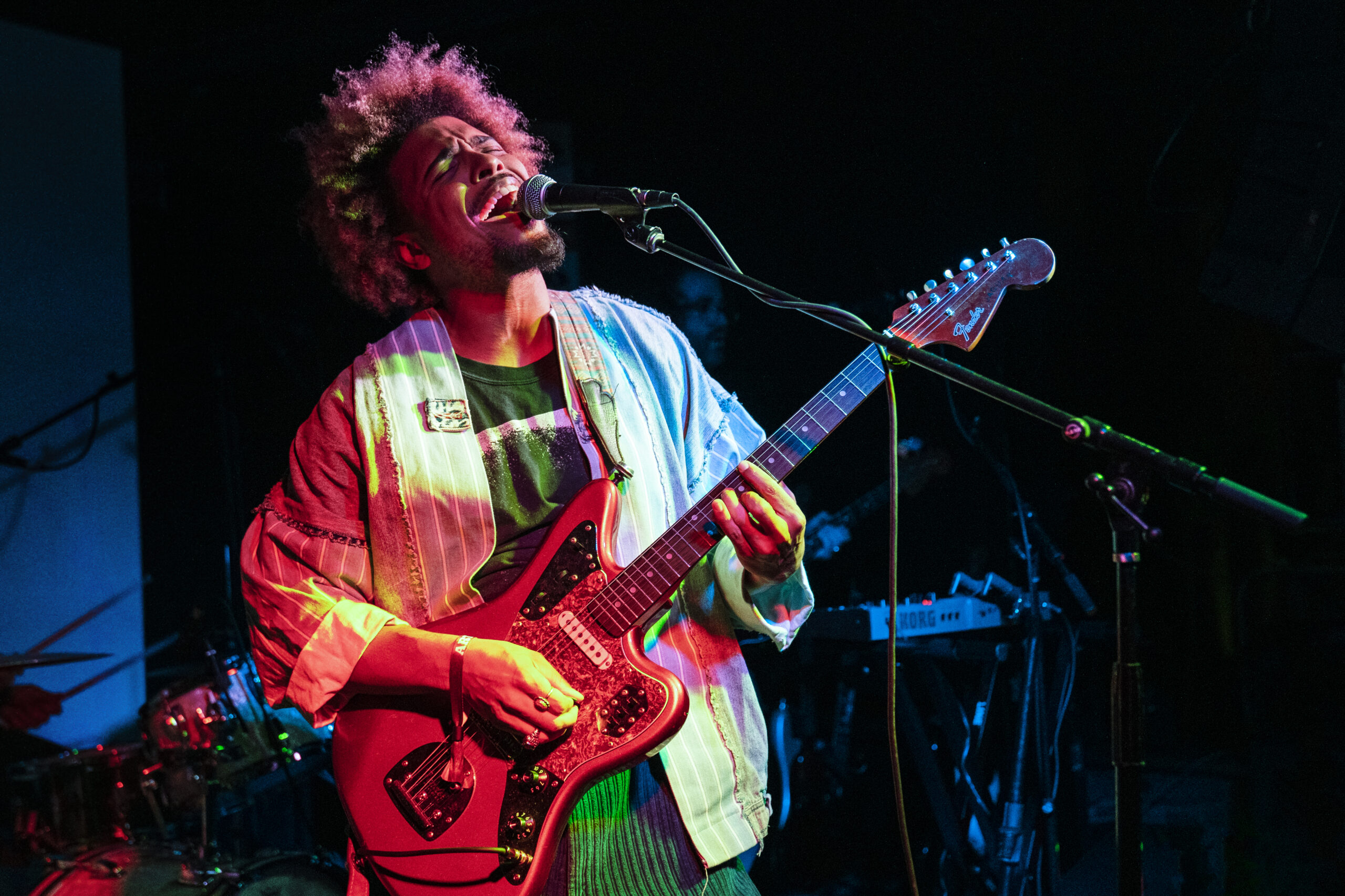
Devon Gilfillian’s headlining set at the Cabin Friday night was absolute fire. Seamlessly transitioning in and out of songs ranging from straight blues to hard rock to soul, he even threw down a couple sick covers of Marvin Gaye’s “What’s Going On” and Led Zeppelin’s “Lemon Song.” Not to mention his acapella “Lean on Me,” where he walked offstage with his whole band and sang in the middle of the crowd with festival founder Ben Anderson joining in. A fittingly epic end to day two.
Day 3: Labs
“Spirituality and the Spotlight” with Dave of Dopey Podcast with Anders Osborne and Wyatt Pike — who, fun fact, was the local Park City contestant on American Idol — was fascinating. Wyatt had a complete mental breakdown halfway through Idol and had to quit the series entirely. Apparently he hadn’t shared that story with anyone until this lab. After Osborne described a few breakdown moments of his own (one particularly crazy story in Paris), they moved on to the importance of having a connection to something spiritual in your life to keep you grounded, even if that thing is as simple as paying attention to your breathing three times a week for 15 minutes.
I was excited about Jay Blakesberg’s lab, a 60-minute slideshow of his life, from teenage Deadhead who liked taking pictures to being one of the preeminent music photographers of a generation. He talked about finding his first press pass on the ground at a political protest organized by Jane Fonda, and having his photo of Tom Petty be the cover of Rolling Stone after he passed. This lab was full of personal stories that I’m not comfortable sharing, but if you want a closer look at Blakesberg’s work, the Morris Museum in New Jersey is displaying a retrospective of his photographs from Oct 14th to Feb 5th.
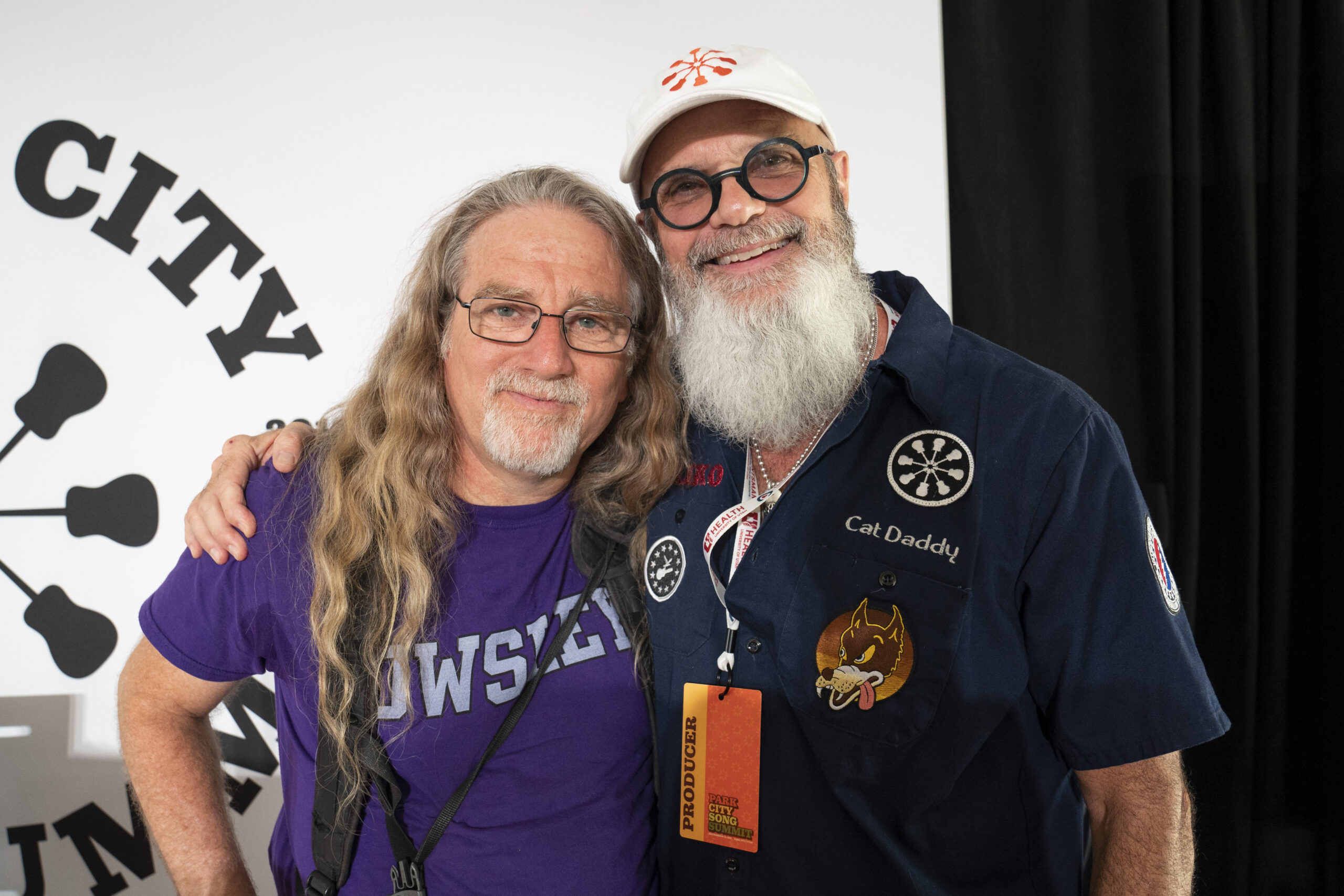
Day 3: Music
At the Songwriter House, Matt Warren played with Bill Luther, Dave Pahanish and Hallie Steele, all accomplished songwriters themselves. The last song Warren played was “Every Storm Runs out of Rain,” which he introduced as Maya Angelou’s favorite country song.
Angelou once said: “There’s a country song out now, which I wish I’d written, that says ‘every storm runs out of rain.’ I’d make a sign of that if I were you. Put that on your writing pad. No matter how dull and seemingly unpromising life is right now, it’s going to change. It’s going to be better. But you have to keep working.”
Warren co-wrote the song with Gary Allen, and listening to the former sing an emotionally charged, acoustic version in a room of maybe 30 people was spellbinding.
For the last night of the festival, the most interesting music was at the same venue, O.P Rockwell. First up, Daniel Donato Cosmic Country — trust me, “cosmic country” describes his music perfectly as his set opened with a jammed-out Johnny Cash/ Grateful Dead cover “Big River,” and later, “Back on the Train” from Phish.
His manager told me a story about when Donato was playing in a cover band in high school and, unbeknownst to him, his history teacher was in the back of the room. The next day the teacher called him in after class, said he saw him playing, dropped a huge binder of live Grateful Dead CDs on the desk and said, “You need to listen to all of these.” Daniel responded, “Where do I start?” Teacher said, “Doesn’t matter,” and Cosmic Country was born.
Keller Williams’ Grateful Gospel continued the country Dead theme nicely. Their arrangement on “Midnight Moonlight” was captivating.
To close out, Ben Anderson put together a lineup for Anders Osborne and Friends, including Ivan Neville on keys and Anderson himself on bass and occasional vocals. Anderson took full control of “Fire on the Mountain” with a driving, bouncy bassline and soft, bittersweet vocals. The best bits from the rest of the set included the Meters cover “Fire on the Bayou,” a charged-up “Stoned, Drunk and Naked” with Osborne shredding and a very appropriate “Aiko” encore with Donato on lead and Ivan Neville on vocals.
The Summit was a success. Lab day passes sold out, and the labs were a hit. The Songwriter House made a special impression on everyone, and the live music on Main St. provided an opportunity for the whole town to have fun.
The dates are already set for next year.

